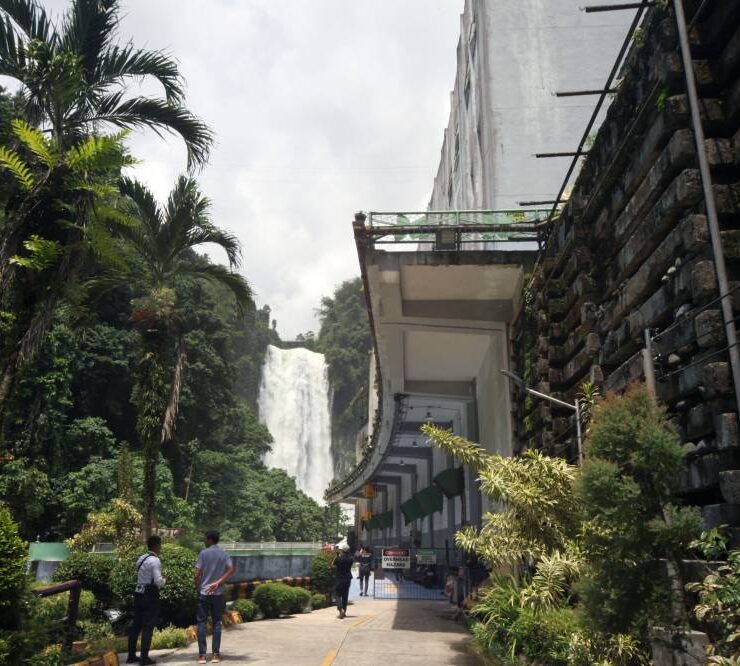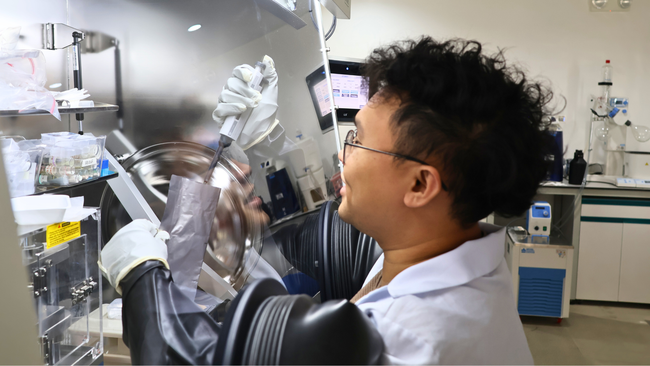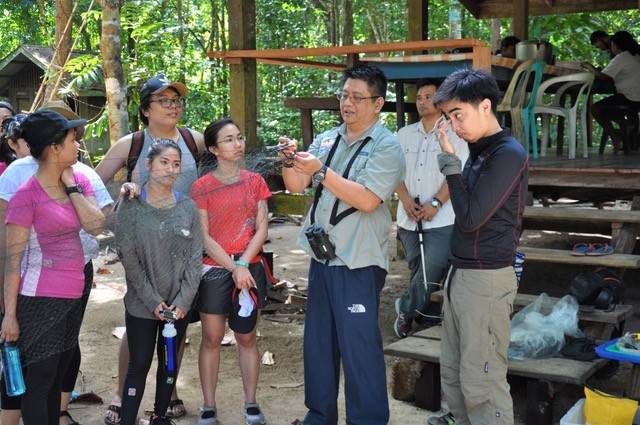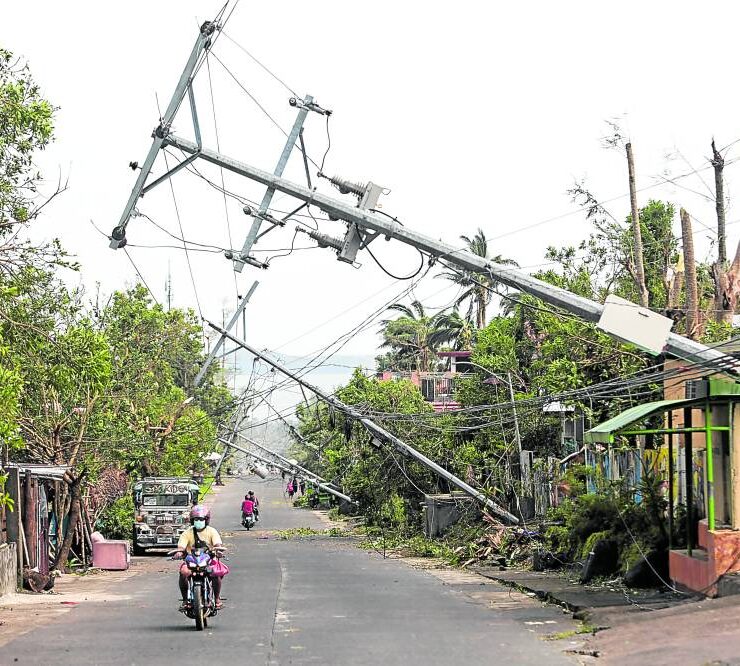Why origin and authenticity matter in the food we eat
- It’s no longer just about nutrition or convenience, but a way of remembering, reclaiming, and resisting the erasure of our identity.
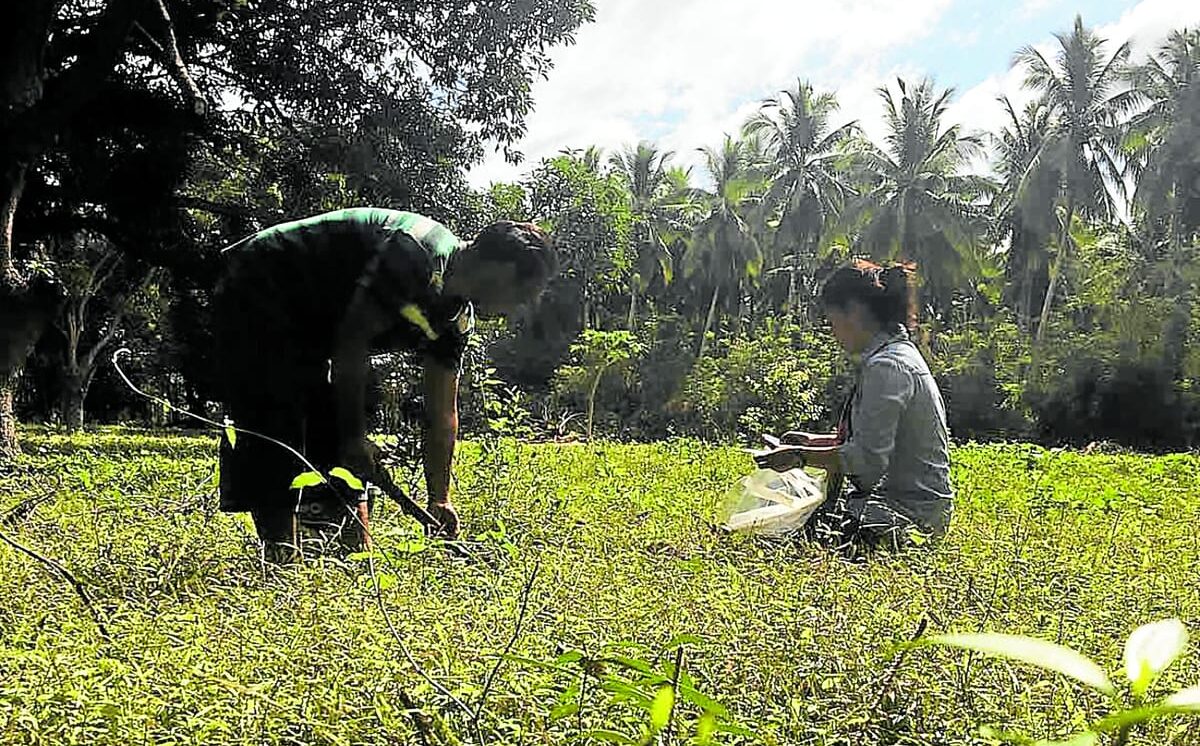
Food is the closest thing we have to a time machine. Of all the artifacts and mediums that can carry history, from books and movies to songs and stories, food is the only one that can capture all five senses.
Beyond the physiological, food has the power to elicit emotions and memories. It is a piece of history we can all personally partake in.
That’s why our food stories are important. Each fond memory of the smell of freshly baked pandesal on a Sunday morning, your father’s favorite bibingka from his childhood bakery in Bagiuo, or the painstakingly long process of recreating your lola’s famous kare-kare in the city, is a thread woven into the tapestry of Filipino cuisine.
For years, popular chefs and writers like Anthony Bourdain and Andrew Zimmern have hailed Filipino cuisine as the “next big thing” in the culinary scene. But though we now see more restaurants spotlighting authentic ingredients, modern everyday Filipino food culture is also being increasingly shaped by mass production and globalized trends.
Many of us often prioritize convenience over origin, distancing ourselves further from our food origins and weakening our cultural connection to our food.
What we stand to lose at this rate are hectares of agricultural land, farmers’ livelihoods, and more existentially, the parts of our identity rooted in our traditional cuisine.
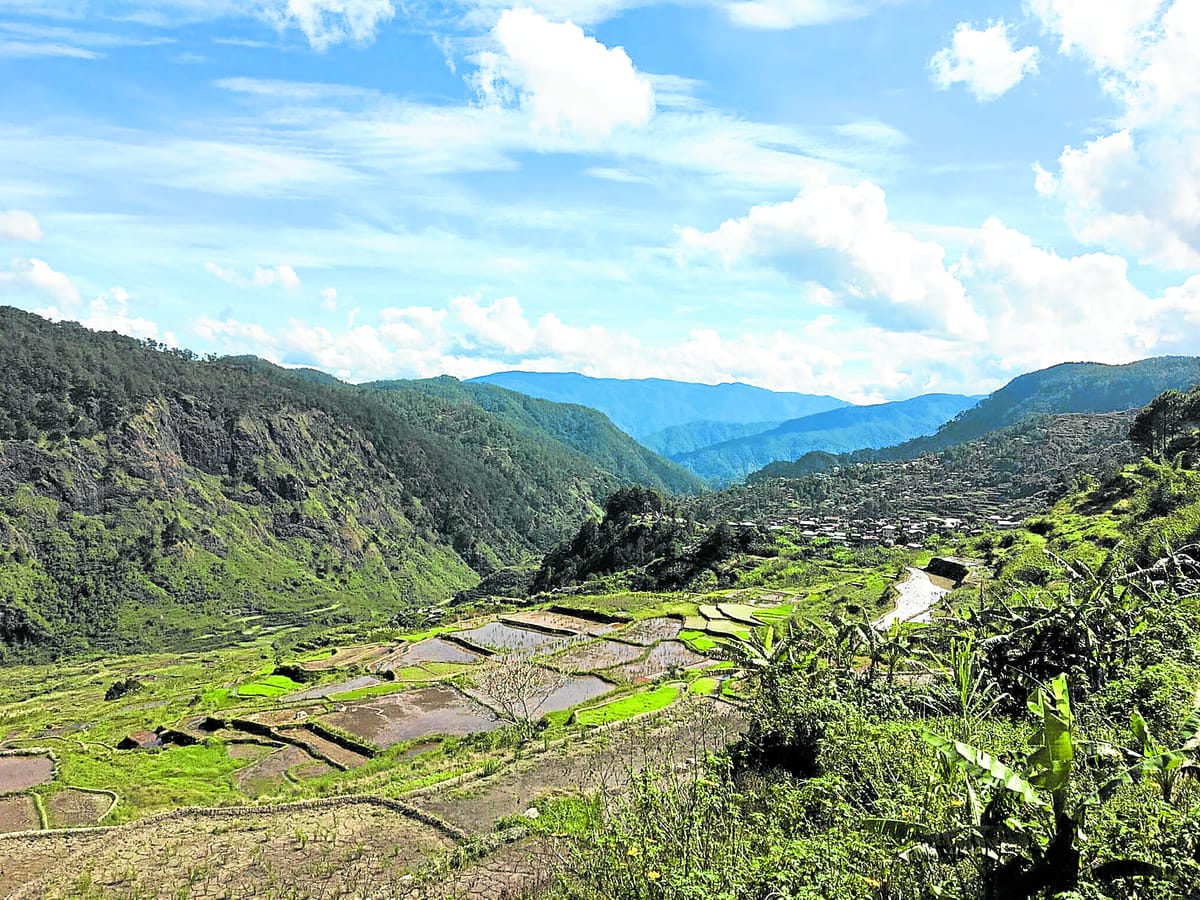
Looking ahead, we are unconsciously robbing the youth and future generations of their capacity to relate with and understand the importance of these traditions to the generations before them.
Recent breakthroughs
Still, despite this looming threat, there have been recent breakthroughs, both in practice and policy.
The Geographical Indications (GI) Act of 2022, for instance, passed by a number of countries, legally protects food products strongly associated with a specific place of origin, like Parmigiano Reggiano from Italy or Champagne from France. It ensures that only products genuinely originating from a region and meeting strict production standards bear the product name.
In the Philippines, GIs not only offer market protection but also reinforce cultural identity, regional pride, and control by local communities. They also empower farmers and indigenous people to establish quality based on their traditional knowledge, thereby preserving associated factors such as the land, water, and practices essential to their production.
Guimaras mangoes were the first to be officially recognized under the country’s GI. Known for their distinct sweetness, these mangoes are now protected by the provincial government of Guimaras through proper inspection, labeling, and traceability.
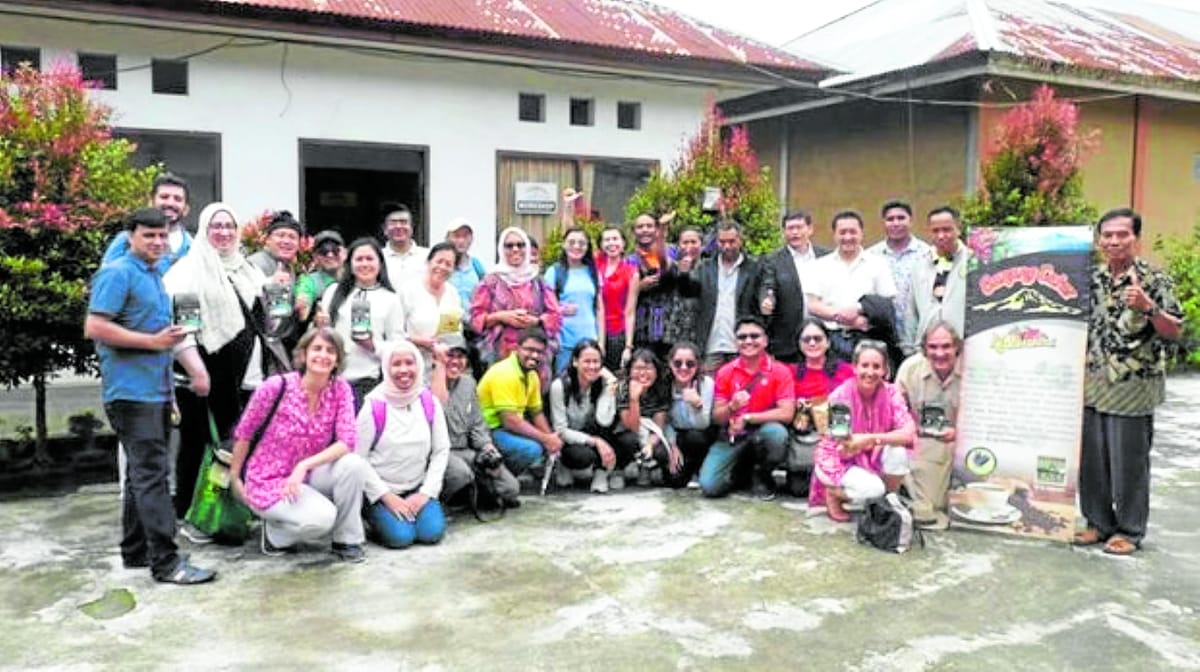
Other famous local products such as Bicol’s pili nuts, Davao cacao, and Cordillera heirloom rice have also been recognized as potential GIs not only for their unique flavors but also for serving as living legacies of biodiversity, topography, culture, and communities.
Advocating stories
Young entrepreneurs and leaders are embracing these developments and supporting them further through their own initiatives, from organizing neighborhood markets to supporting traceable local products.
These efforts are both commercial and educational, advocating the stories behind our food. Their work reflects a broader shift in consciousness—that food is no longer just about nutrition or convenience but a way of remembering, reclaiming, and resisting the erasure of identity. In doing so, they are restoring pride in one’s place and amplifying the value of traditional food knowledge.
To reclaim our food is to reclaim our story dish by dish. It begins with curiosity: Where does your food come from? Who made it? How was it grown?
These are questions young Filipinos are already asking, and they are finding answers in tradition, in innovation, and in community.
Let curiosity inspire action. Support local products, adopt sustainable practices, reduce waste, and reclaim our culinary heritage.
Giselle Louise Lapid is an alumna of the WWF-Philippines National Youth Council (third batch, 2021-2023). During her term, she represented the WWF-NYC as a delegate to the 13th International Food Studies Conference at the University of Guadalajara in Mexico, where she presented her paper, “Attaining Sustainable Food Systems through the Presentation of Food Identity,” based on her work with indigenous coffee farmers in Sagada, Mountain Province. Currently serving as the advocacy officer for the Jollibee Group Foundation, Giselle holds a degree in European Studies, major in International Relations, from Ateneo de Manila University (2017) and is taking her master’s degree in Public Administration at the University of the Philippines-Diliman.
















